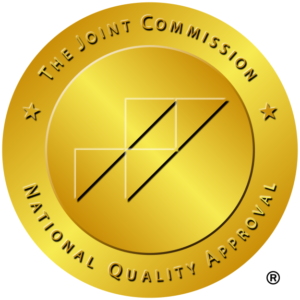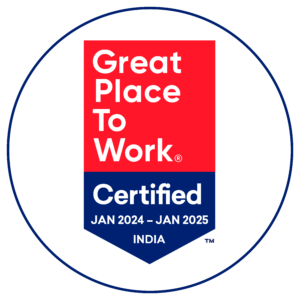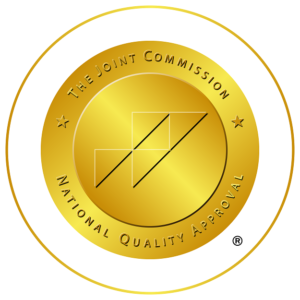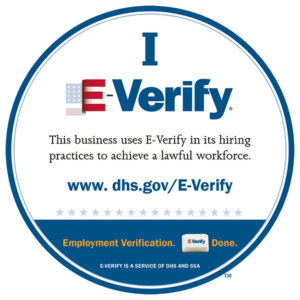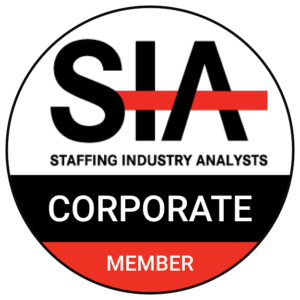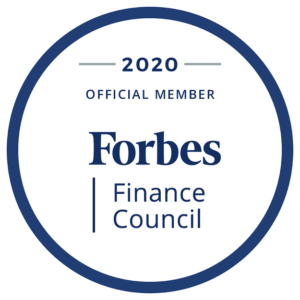6 Ways To Attract The Career-Minded Candidate
There is no shortage of candidates for just about any position in today’s economy and it would appear that employers will be able to find the best candidate for the job in no time. It’s not as easy as it looks though. There’s always the risk you ‘re going to end hiring the wrong person, which can start a whole set of negative consequences. It can turn out that the wrong person is lazy and unmotivated, unqualified, or can influence the workplace atmosphere.
It’s definitely important to have an impressive list of credentials and extensive work experience, but these are not the only items you can take into consideration when hiring new employees. Making sure they are also in line with the organization ‘s culture and its priorities is also important.
Here are 6 ways you can improve your recruitment process, and every time you hire the best candidate.
1. Always look for a career-focused candidate
Some of the subtler things that you need to remember when recruiting a new employee is their dedication to building their own careers and growing up as a professional. If you have a candidate who attempts to juggle multiple jobs, or who in the past has been able to jump ship and work for multiple companies without proper tenure, then maybe you should not recruit them.
You want an employee who will be loyal to the company, and who will see your work as an opportunity to advance their career and at the same time being an asset to the business. You should look at other candidates if their job history is checked.
2. Culture of Learning
While a stable paycheck is one incentive to remain with a current employer, many workers want more, which means that employees frequently leave an organization because they believe they have accomplished what they can in their current job and want to try new challenges. To attract career-conscious job seekers, instead, it’s wise to build a learning atmosphere and provide opportunities for career development. For example, job shadowing or cross-training programs may give workers the opportunity to learn new skills and collaborate with others while increasing their knowledge and dedication to the company.
3. Practical skill evaluation
Ideally, you should hire a candidate in your line of work who is both qualified and experienced. Most often than not, however, you won’t come across a good candidate. Focusing on your future employee’s realistic background is important as they will be able to adapt more easily and familiarize themselves with the work.
When it comes to their training you also save time and money. When an applicant does not have the requisite professional experience, they may need more time to blend in and understand all the complexities of the work. Any new employee will of course go through an adjustment period, but you want to keep the time as short as possible.
4. Demonstrate Clear Career Paths
The most critical thing you’ll need to draw job seekers who are career conscious? The opportunity to demonstrate that they can have a strong and fruitful career path at your company will seek out employers who genuinely demonstrate the availability of positive, genuine, upward-focused growth opportunities, so, from employee testimonials to comprehensive job pages, show potential workers how many in your company have genuinely advanced in their careers from the time they’ve made it.
Note, tomorrow’s candidate won’t necessarily be wowed by a job description. They are looking for a profession that challenges and motivates them and they are looking for a business that innovates and invests in culture. We are diligent with respect to their jobs, not just the next job. They are not afraid to change jobs so they can move their career faster forward.
5. Specify the strengths needed for the role
Let’s face it, the majority of workers today are to some degree stressful. For example, if you run an IT business, you will always look for applicants who have the requisite mental and psychological strength to deal with pressure, tight deadlines and challenging client demands in addition to their qualifications.
When you recruit someone to do a job that is repetitive in nature, you’ll need to decide if the applicant would need to be able to remain motivated, even though they’re expected to do the same tasks over and over again. If an employee burns out easily under stress, despite having a brilliant resume, then they may not be a good match for the job.
6. Culture fit
Another important thing to consider when hiring an applicant is their ability to fit in with and adapt to the culture of your company. This means that their social skills need to be sufficiently developed, so they don’t disrupt the office’s positive atmosphere. Ideally, they just should add to it. Since almost every job includes dealing with other people as well as interacting with customers, you’ll want to employ a person with good social skills.
Conclusion
Check their work history, and make sure they are not prone to workplace conflicts through your interview questions. Then, when you conduct reference checks, find out how they got along with their former colleagues and bosses when possible. This will allow you to paint an image of every candidate you interview.

